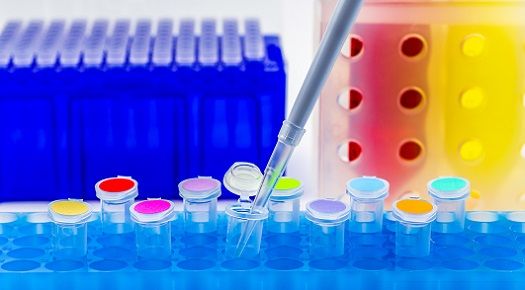Video
Claus Bachert, MD, PhD: Why Monoclonal Antibodies Work for Asthma
What makes monoclonal antibodies so beneficial for asthma/allergy conditions?
In the last years, we have figured out pathomechanisms — how is it working, why is it a severe disease. A common theme is it has to do with a certain constellation of cells, of T-cells, or elaginophocydes, or eosinophils. It sounds difficult but it's a specific form of inflammation that refined it. The more this is regulated, the more disease the patient has.
These targets are known nowadays. First, we can endotype the patient — that means we understand which patient is a suitable patient for such therapy. And the therapies target specific molecules in this type 2 inflammation. So, people who do not have type 2 inflammation, we don't have solutions for them at the moment. It's really the minority — the majority has type 2 inflammation. And we have monoclonal antibodies targeting specific molecules, such as interleukins 4 and 13, in that case.
If you do that, you dampen down the T-cell activities, the inflammation cools down, the message to the glands is stopped, they don't produce as much secretion, there's not so much formation anymore. And this, by and by over weeks, really cools down the inflammation to a fact that the nasal polyps partially or totally disappear.




